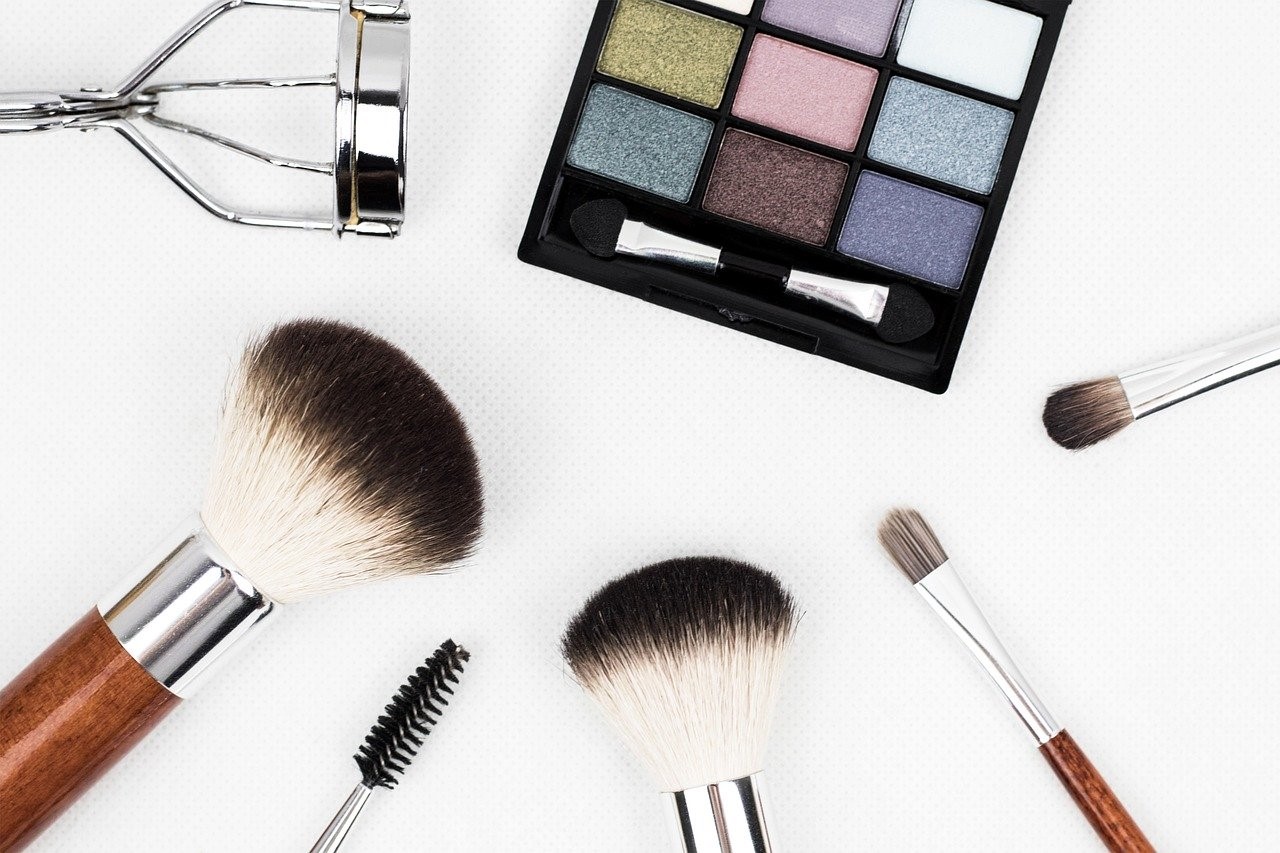MoCRA’s long-awaited rollout continues as today FDA released draft guidance to assist persons submitting cosmetic product facility registrations and product listings under newly-added Section 607 of the federal Food, Drug, and Cosmetic Act (FD&C Act).
Background
Section 607(a) of the FD&C Act requires every person that owns or operates a facility that “engages in the manufacturing or processing of a cosmetic product for distribution in the United States” to register each facility with FDA, update content within 60 days of any changes, and renew their registration every two years.
As of March 27, 2023, FDA ended its voluntary cosmetics registration program (VCRP), and advised that information submitted to VCRP would not be transferred over to any new system.
Section 607(c) of the FD&C Act further requires that for each cosmetic product, the responsible person must submit to FDA annually “a cosmetic product listing,” including ingredients.
MoCRA defines a “responsible person” as the manufacturer, packer, or distributor of a cosmetic product whose name appears on the label of such cosmetic product in accordance with section 609(a) of the FD&C Act or section 4(a) of the Fair Packaging and Labeling Act (FPLA).
Key takeaways from Today’s FDA Draft Guidance:
Small Business Exemption: Small businesses, as defined by Section 612 of the FD&C Act (average gross annual sales in the U.S. of cosmetic products for the previous 3-year period is less than $1 million, adjusted for inflation, and who do not manufacture or process certain cosmetic products described in Section 612(b)), are not required to register facilities and list cosmetic product(s).
Electronic Submission Portal: FDA’s new electronic submission portal is expected to be available in October 2023, with FDA strongly encouraging electronic submissions. FDA is developing a paper form as an alternative submission tool.
Definitions: The Draft Guidance defines “contract manufacturer,” “cosmetic products,” “facility,” “manufacturing or processing,” “operator,” “owner,” “responsible person,” and “small business.”
Who Makes the Submissions: Every person that owns or operates a facility that engages in the manufacturing or processing of a cosmetic product for distribution in the United States to register each facility and submit a cosmetic product listing unless:
-
- it is exempt as a “small business”; or
- the cosmetic product is also a drug or device subject to the requirements of Chapter V of the FD&C Act.
What Information to Include (Registration):
-
- the name of the owner and/or operator of the facility;
- the facility’s name, physical address, email address, and telephone number;
- with respect to any foreign facility, the contact for the United States agent of the facility (name and phone number), and, if available, the electronic contact
information (email);
- the facility registration number, if any, previously assigned;
- all brand names under which cosmetic products manufactured or processed in the facility are sold;
- the product category or categories (listed in Appendix A of the Draft Guidance) and responsible person for each cosmetic product manufactured or processed at the facility; and
- type of submission (initial, amended, biennial renewal, or abbreviated renewal)
FDA intends to use the FDA Establishment Identifier (FEI) as the required facility registration number. The e owner or operator of a facility will need to obtain an FEI number before submitting the facility registration.
FDA also requests that the following additional optional information be submitted:
• parent company name (if applicable);
• facility DUNS Number; and
• additional contact information for individuals associated with the registration.
What Information to Include (Product Listing):
-
- the facility registration number of each facility where the cosmetic product is manufactured or processed;
- the name and contact number of the responsible person and the name for the cosmetic product, as such name appears on the label;
- the applicable cosmetic category or categories for the cosmetic product (listed in Appendix A of the Draft Guidance)
- a list of ingredients in the cosmetic product, including any fragrances, flavors, or colors, with each ingredient identified by the name, as required under section 701.3 of title 21, Code of Federal Regulations (or any successor regulations), or by the common or usual name of the ingredient;
- the product listing number, if any previously assigned; and type of submission (initial, update to content (annual), abbreviated renewal)
FDA also requests that the following additional optional information be submitted:
-
- parent company name (if applicable);
- type of business (as listed on the label), i.e., manufacturer, packer, or distributor;
- image of the label;
- product webpage link;
- whether the cosmetic product is for professional use only;
- Responsible person DUNS Number (Dun & Bradstreet number) for address listed on product label;
- Unique Ingredient Identifiers (UNIIs); and
- additional contact information for individuals associated with the listing.
Multiple Listings: Under Section 607(c)4()B), a single listing for a cosmetic product may include multiple cosmetic products with identical formulations, or formulations that differ only with respect to colors, fragrances or flavors, or quantity of contents
Attestation: FDA requests that individuals submitting registration and listing information to attest to the accuracy and veracity of the information submitted.
How/When to Submit: Stakeholders should plan to register and list in advance of the December 29, 2023 statutory deadline.
Fees: There is no fee to submit a registration or product listing to FDA under section 607 of the FD&C Act.
Public Disclosure: Under section 607 of the FD&C Act, FDA will not disclose information from a facility registration on the brand names under which cosmetic products manufactured or processed in the facility are sold, or from a product listing on the facility registration number of the facility where the cosmetic product is manufactured or processed, in response to a request under the Freedom of Information Act (FOIA) (5 U.S.C. 552).
All other information from cosmetic product facility registration and listing would be available for public disclosure consistent with the FOIA, FDA’s disclosure regulations under 21 CFR Part 20, and other applicable federal law.
Drugs AND Cosmetics?: Cosmetic products that are also drugs under Chapter V of the FD&C Act are not subject to listing requirements. Likewise, a facility that manufactures or processes cosmetic products that are also drugs is not subject to registration requirement unless it also manufactures or processes cosmetic products that are not also drugs.
Enforceability: As a reminder, FDA’s guidance documents do not establish legally enforceable responsibilities, but are intended to describe FDA’s current thinking and should be viewed as recommendations.
Conclusion
Today’s Draft Guidance provides much-needed clarity regarding MoCRA’s requirements and upcoming registration and listing deadlines. However, we expect further guidance in the upcoming months as to MoCRA’s additional December 2023 deadlines, and feedback with FDA regarding any flexibility in meeting these deadlines.


